[最も共有された! √] hamarikyu gardens autumn 173249-Hamarikyu gardens autumn
Best Autumn Leaves Spots in Tokyo #7 – Hamarikyu Gardens As one of the most traditional looking gardens across Tokyo, the Hamarikyu Gardens boasts a massive expanse of land which is home to plenty of natural flora, walking paths, a gorgeous pond that is actually filled with seawater, and historic monumentsTokyo Metropolitan Government will be holding the "Tokyo Great Garden Autumn Campaign" before and after "Great Garden Day" on 28 November Various events will be held to showcase the charms of municipal, national and private Japanese gardens within Tokyo (Hamarikyu Gardens, Kyu Shiba Rikyu Garden, Koishikawa Korakuen GardensNagakin Capsule Tower an iconic piece of Tokyo architecture;

Miyazaki Water Taxi Cruise Kyushu X Tokyo Japan
Hamarikyu gardens autumn
Hamarikyu gardens autumn-Will visit again during autumn!" Jamie KohHamarikyu Gardens is open from 9 am to 5 pm (with last entry at 430 pm) It is only closed from December 29 to January 1 Admission costs 300 yen Other photo spots in the area Kyu Shiba Rikyu Gardens another famous Edoperiod park;
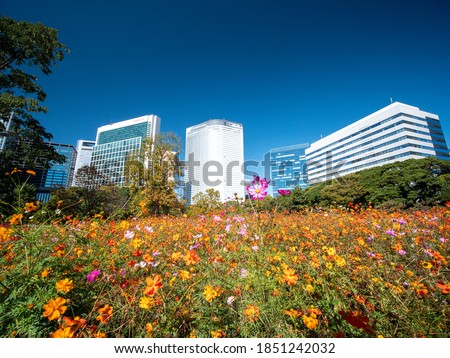


Shutterstock Puzzlepix
Autumn leaves in Hamarikyu Gardens, Tokyo Pond, buildings RoyaltyFree Stock Photo Download preview Hamarikyu Garden is located in central Tokyo, alongside Tokyo Bay The traditionally styled garden stands in stark contrast to the skyscrapers of the adjacent Shiodome districtThe beautiful Hamarikyu Gardens once belonged to a feudal lord of the Tokugawa family Today, the lush spot serves as a natural respite for both Tokyoites and tourists, offering calm respite in the middle of the urban jungle that is Tokyo In autumn, various maple trees change the park 's appearance to a deep red and a golden yellowEnd of autumn The garden has two Kamoba (duck hunting sites), Koshindo Kamoba (built in 1778) and Shinsenza Kamoba (built in 1791) Nearby is Kamozuka, a duck grave mound built in 1935 as a solace for the spirits of the ducks that were killed during the duck hunting times
Hamarikyu Gardens Located in Shiodome, the Hamarikyu Gardens boasts incredible autumn views, with towering skyscrapers on one side and the wideopen Tokyo Bay on the other Hamarikyu Gardens Koishikawa Korakuen Gardens This traditional garden is most popular in the autumn, with its abundant maple trees transforming into vivid hues of red and orangeThe garden was built to take in seawater from Tokyo Bay so that people enjoy diversified scenery with the rise and fall of the tide Hamarikyu Gardens was originally constructed as the villa of the Kofu Domain and its garden Later it became the villa of the Tokugawa Shogun family and a branch castle of the Edo castleHamarikyu Gardens (浜離宮恩賜庭園, Hamarikyū Onshi Teien) is a public park in Chūō ward, Tokyo, JapanLocated at the mouth of the Sumida River, it was opened to the public on April 1, 1946A landscaped garden of 250,216 m² includes Shioiri Pond, and the park is surrounded by a seawater moat filled by Tokyo Bay
Nagakin Capsule Tower an iconic piece of Tokyo architecture;Hamarikyu Garden is a representative Daimyo Garden in the Edo period, and it is designated a famous site as well as a site with high historical significance In the garden where the atmosphere of the Edo period remains, the leaves of the trees start to turn red in midNovemberYou can enjoy the picturesque traditional Japanese gardens and colourful autumn leaves at Hamarikyu Gardens from mid November to early December It's located very near Tsukiji Fish Market and Ginza area Map http//bitly/2IVgFRo Access 5 mins walk from Shiodome Station or 10 mins walk from Shimbashi Station Hours 900–1700 Fee 300 yen



Miyazaki Water Taxi Cruise Kyushu X Tokyo Japan
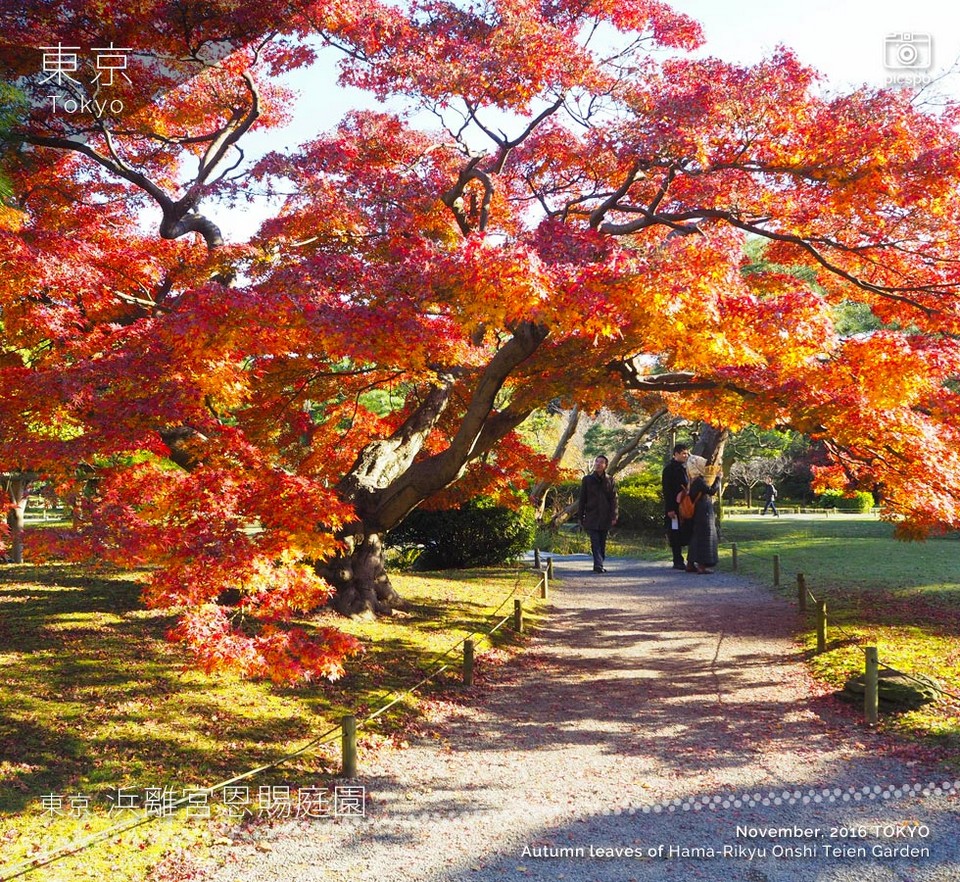


Hamarikyu Gardens Autumn Tokyo 2 Living Nomads Travel Tips Guides News Information
Hamarikyu Gardens Chuoku, Tokyo Location Related postsNiikawa tagomori, UkihashiShiraito falls in AutumnUwajima castle in EhimeOzu castle, EhimeCape AshizuriUsuki Stone BuddhasFukiware gorge in winterOkinawa Churaumi AquariumHasedera, NaraKumohachimanguItsukushima Jinja, Aizuwakamatsu, FukushimaAt Shitsu Church, Nagasaki10 Best Spots To See Autumn Leaves In Tokyo Koishikawa Kōrakuen (Garden) Kokuei Shōwa Kinen Kōen (Showa Memorial Park) Mount Mitake (Mitakesan) Mount Takao (Takaosan)Hamarikyu Gardens is a green oasis in the midst of a concrete jungle The park dates back to the Edo period and has two ponds that were formerly used to capture ducks for sport It also happens to have a duck grave, which is among the interesting things you can find in the park, aside from its beautiful fall foliage
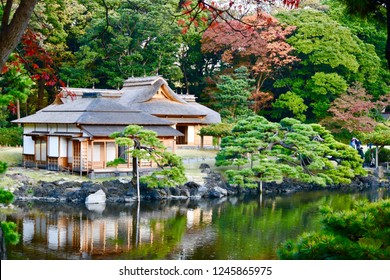


Hamarikyu Garden High Res Stock Images Shutterstock
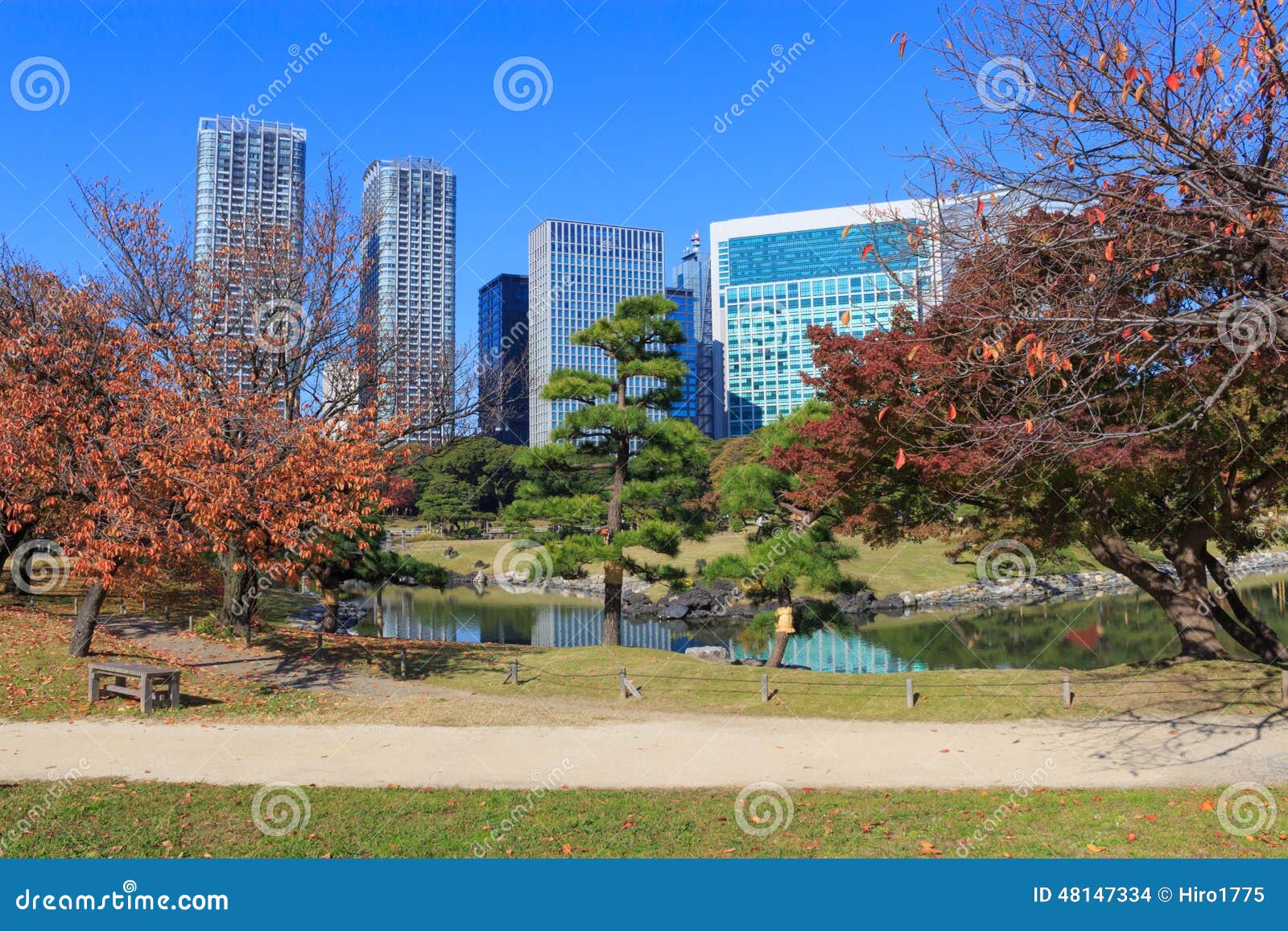


Autumn Leaves In Hamarikyu Gardens Tokyo Stock Photo Image Of High Apartment
In the peony garden, 60 different types of 800 colorful peonies welcome visitors in the spring Since there aren't many places in Tokyo where you can see this many peonies at once, the peony garden in Hamarikyu Gardens is a mustsee Flower garden The flower garden right by the peonies has canola flowers in the spring and cosmos in the autumnCentral park Originally a duck hunting ground opened in the 1600s, Hamarikyu Gardens is now one of the best spots to see autumn leaves in the middle of Tokyo TOKYO METROPOLITAN PARK ASSOCIATIONHamarikyu has been a public park since 1946 Today it is overlooked by towering glass office blocks but it serves as a momentary escape from the hustle and bustle of modern Tokyo In traditional Japanese fashion it is planted to look splendid all year round with maples and gingkos providing autumn foliage and cherry and plum blossoms to give colour in the spring


Q Tbn And9gcst9t Ekfoe Vjjcz3omj6mkjqs79caf4y4oy5dbqddqdtcwlq Usqp Cau
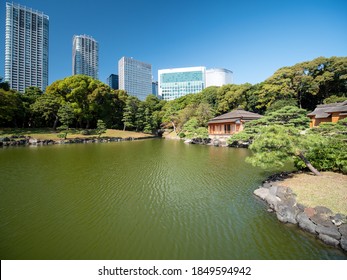


Hamarikyu Gardens High Res Stock Images Shutterstock
This garden is a typical Daimyo(Japanese feudal lord) garden in the Edo period with a tidal pond(ShioirinoIke) and two wildduck hunting sites(Kamoba) ALocated at the mouth of the Sumida River, Tokugawa Tsunashige, the shōgun's younger brother, received permission to reclaim land from Edo Bay (), on which he built a villa and garden in 1654The property was inherited by his son, Ienobu, who later became shōgun It was opened to the public on April 1, 1946 A landscaped garden of 250,216 m² includes Shioiri Pond, and the park is surroundedHamarikyu Gardens Located in Shiodome, the Hamarikyu Gardens boasts incredible autumn views, with towering skyscrapers on one side and the wideopen Tokyo Bay on the other


Travel Japan Tokyo Autumn Leaves 10 Best Koyo Spots For A Beauti Fall Experience By Kkday International Medium
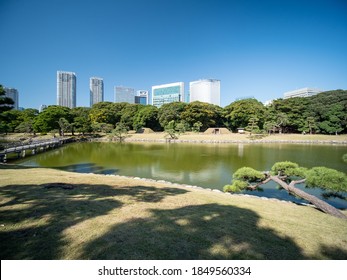


Hamarikyu Hd Stock Images Shutterstock
Hamarikyu Garden is a representative Daimyo Garden in the Edo period, and it is designated a famous site as well as a site with high historical significance In the garden where the atmosphere of the Edo period remains, the leaves of the trees start to turn red in midNovemberHamarikyu gardens (浜離宮恩賜庭園 hamarikyū onshi teien) 中央区 • hamarikyu garden 中央区 • It was great to escape from the hustle and bustle of Tokyo's fastpaced lifestyle to be here at Rikugien Garden!Hama Rikyu garden is a traditional styled garden, located alongside Tokyo Bay Hama Rikyu is attractive in any season In autumn it offers plenty of maple trees and Gingko trees that show their beautiful colors Best Viewing Date Late November to Early December Hours Admission Fee 300 Yen


Q Tbn And9gctp65namb45kalnli8ehqsmjlprko Ucq5mvshnzrrr8ywwnjhu Usqp Cau



Last Year S Autumn At Hama Rikyu Gardens Tokyo Life To Reset
Autumn leaves in Hamarikyu Gardens, Tokyo Hamarikyu Garden is located in central Tokyo, alongside Tokyo Bay The traditionally styled garden stands in stark Autumn leaves in Hamarikyu Gardens, TokyoHama Rikyu is attractive in any season Although not as famous for its fall foliage as some of the other gardens around Tokyo, it offers plenty of maple, ginkgo and other trees that show their beautiful autumn colors between late November and early DecemberShioiri Pond Shioiri Pond is the main attraction of Hamarikyu Gardens It creates wonderful scenery with Otsutai Bridge, small islands and teahouses around the pound The garden takes in seawater from Tokyo Bay, so people enjoy diversified scenery with the rise and fall of the tide
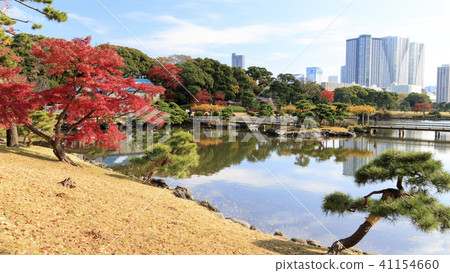


Garden Landscape Tokyo Hamarikyu Autumn Stock Photo
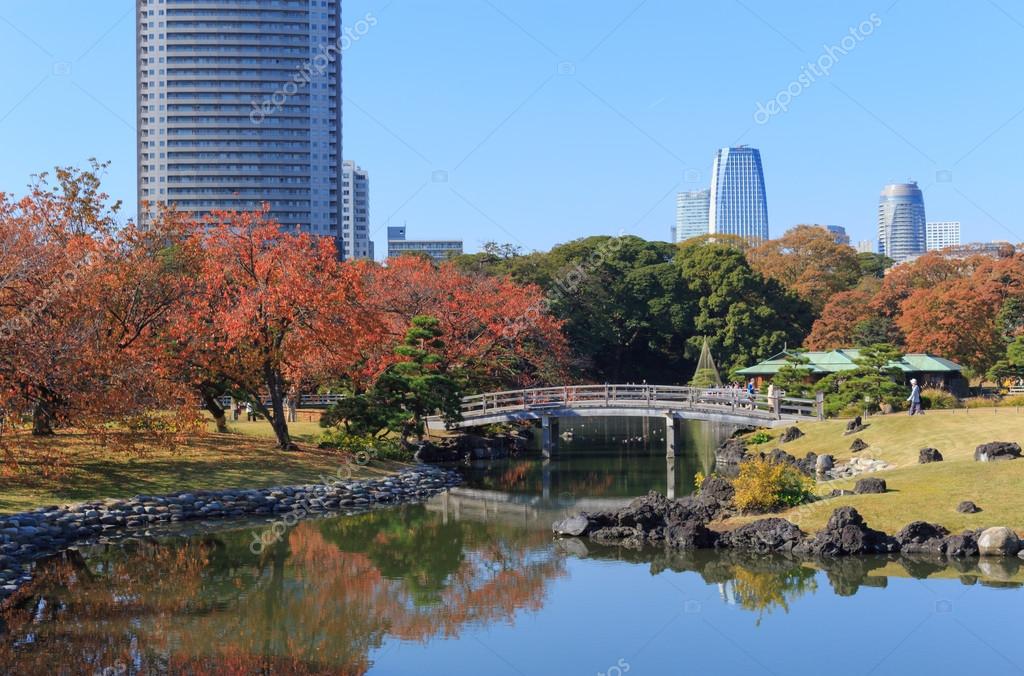


Autumn Leaves In Hamarikyu Gardens Tokyo Stock Photo Image By C Hiro1775
Hamarikyu Garden is one of the most sophisticated and graceful gardens in Japan Although it's located at the center of Tokyo, rich nature spreads all over the garden So you will forget that you are in the metropolitan city Hamarikyu is very popular among foreign tourists partly because Tsukiji Fish Market is very close Let's enjoy theThe Hamarikyu Gardens are located in Chuo, Tokyo The gardens are beautifully landscaped and their clusters of plum trees, peonies and cosmos flowers ensure there is a natural display of colour for every season There's a teahouse located in the park that serves traditional Japanese tea and sweetsOn November3, 1945, The Imperial family donated the gardens to the Tokyo Metropolitan Government and after a lot of repairs the garden was reopened on April 1 st, 1946 Finally, on November 22nd, 1952 Hamarikyu was designated as a site of great cultural and historical value 1 Shioirinoike



Hama Rikyu Gardens The Official Tokyo Travel Guide Go Tokyo
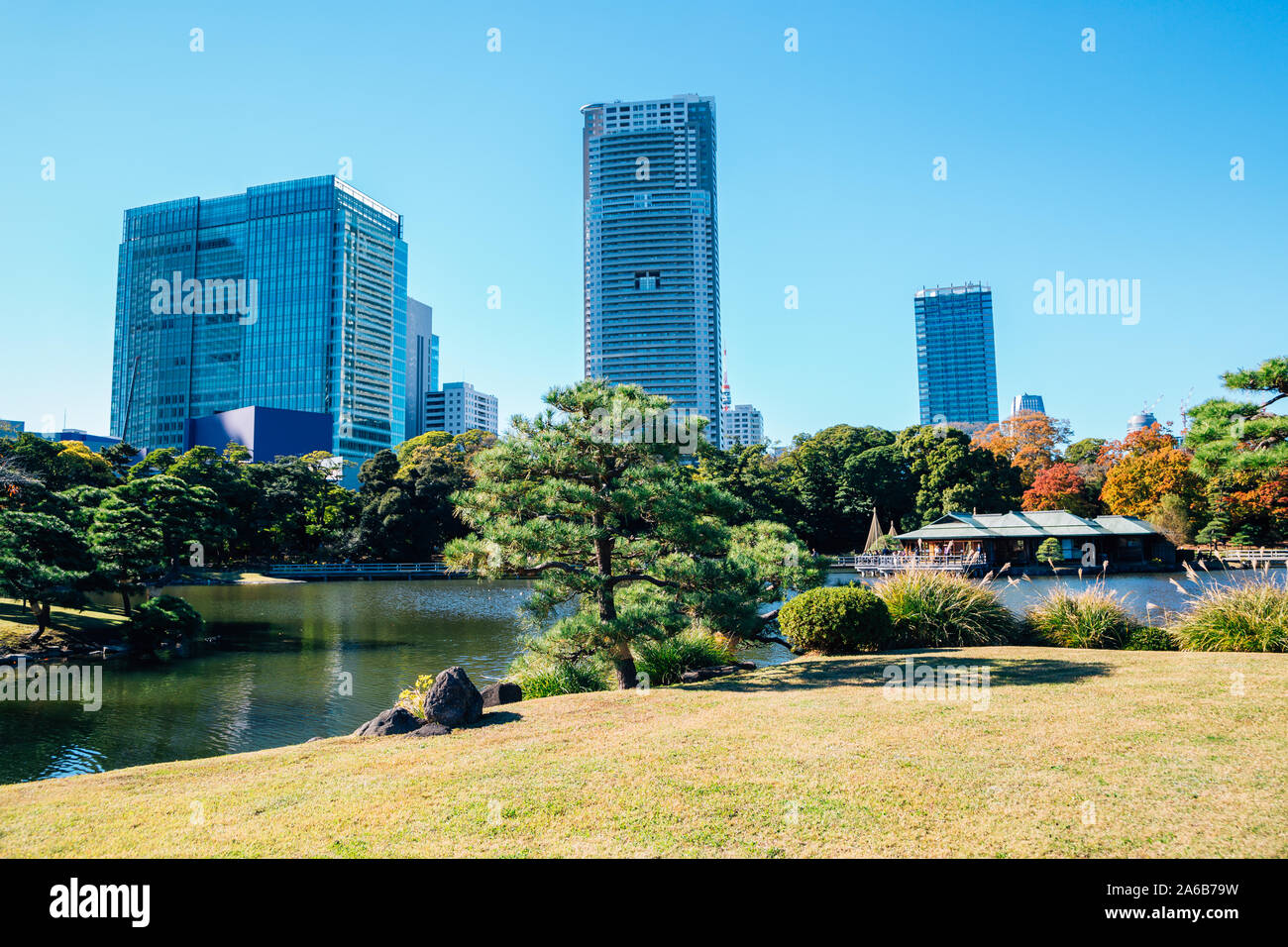


Page 3 Hama Rikyu Garden High Resolution Stock Photography And Images Alamy
The park is famous for its flowers, especially for the azaleas, the Shidare cherry in spring and the foliage coloring in autumn During the autumn foliage the whole garden will be light up in the evening for the perfect colorful autumn viewThis location gives Hamarikyu several interesting features, not least the seawater ponds and rivers that expand and contract with the tides The park itself isn't as stuffed with autumn trees as some others, but it offers a unique view of brightlycolored leaves set against Tokyo BayDating from 1291, the head priest's residence here is most famous for its rock garden The rocks used in this garden are said to resemble tigers and cubs crossing through water This garden is particularly attractive in autumn Afterwards, we travel by coach to Kyoto station where we transfer by Limited Express Train to Kanazawa Station
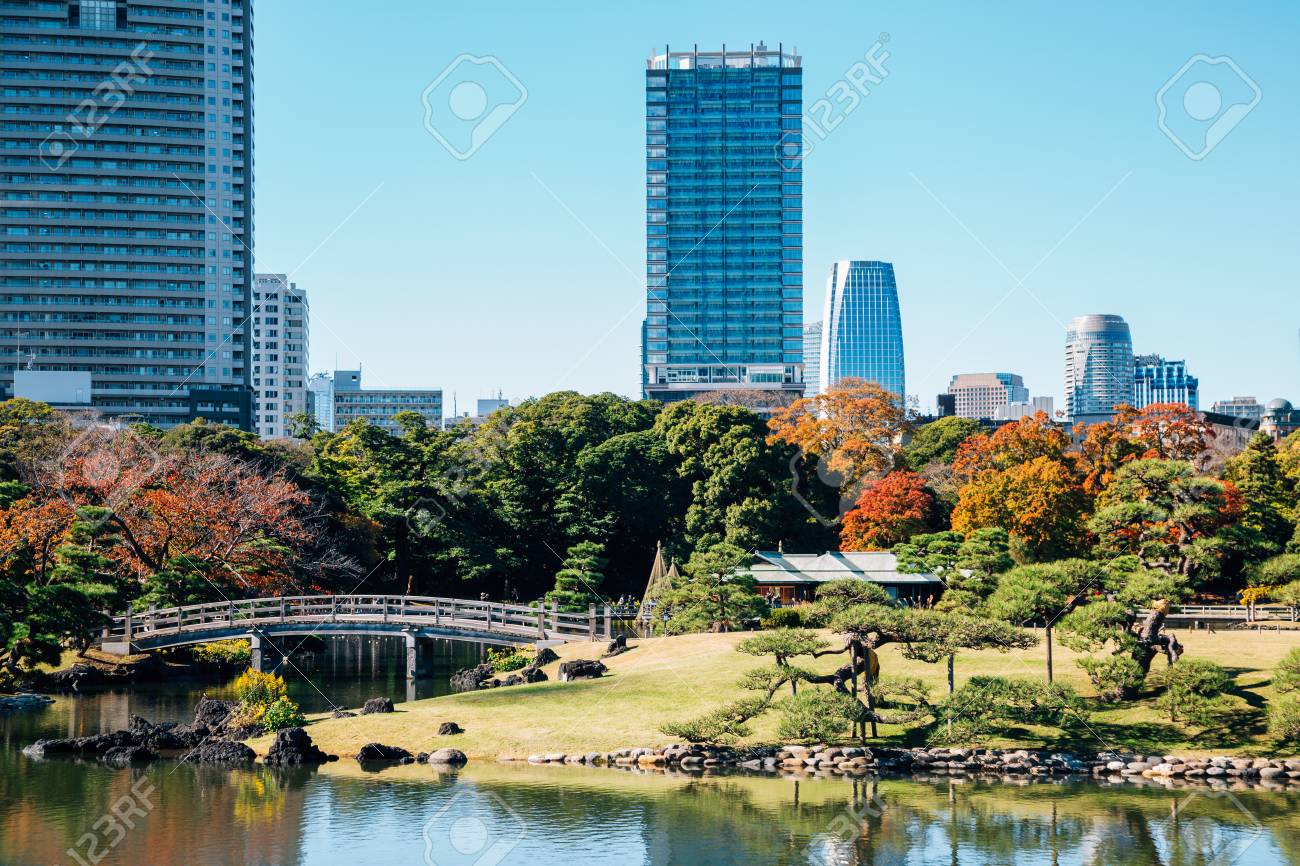


Hamarikyu Gardens And Modern Buildings At Autumn In Tokyo Japan Stock Photo Picture And Royalty Free Image Image



Tokyo S Japanese Gardens Discover Their Autumn Beauty And Night Illuminations The Gate Japan Travel Magazine Find Tourism Travel Info
Mt Takao Monkey Park & Wildflower Garden (Address 2179 Takaomachi, Hachioji, Tokyo , Japan / Hours 930AM–430PM / Phone 81 ) Meijijingu Gaien — One of the best places to see autumn leaves in Tokyo Tokyo travel guide blog — The fullest Tokyo guide blog for a perfect budget trip to Tokyo for firsttimers HokkaidoHamarikyu Gardens is a stunning 17th century Japanese garden located in Shiodome, a relatively new business district in TokyoIt's a 61 acre garden centered around a large pond The grounds are surrounded by a salt water moatYou can see autumn foliage from the end of October, peaking in early to midNovember The Hamarikyu Gardens were opened to the public in April 1946, but served as a feudal and imperial retreat for several centuries before that The gardens were completed under the guidance of the 11th Tokugawa shogun, Tokugawa Ienari
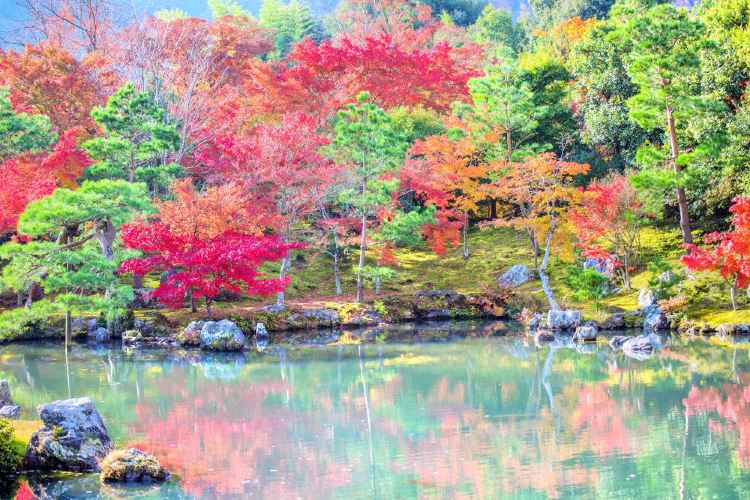


Hama Rikyu Gardens Travel Guidebook Must Visit Attractions In Tokyo Hama Rikyu Gardens Nearby Recommendation Trip Com



Last Year S Autumn At Hama Rikyu Gardens Tokyo Life To Reset
Rikugi Gardens ("en" means garden) is trying to have it all, and is succeeding, with their combination of autumn foliage and "illuminations" evenings The Edoera landscape garden, a beautiful place to stroll while you mentally compose the next cryptic scroll message to your kimonoclad lover, is resplendent in this season and isThe beautiful Hamarikyu Gardens once belonged to a feudal lord of the Tokugawa family Today, the lush spot serves as a natural respite for both Tokyoites and tourists, offering calm respite in the middle of the urban jungle that is Tokyo In autumn, various maple trees change the park 's appearance to a deep red and a golden yellowPlease refer to Visit Hamarikyu Gardens and Tsukishima when you stop by for a visit Annual Autumn Leaves Season Visitors can see the foliage between midNovember and early December Hamarikyu Gardens Address Tokyo, Chuo, Hamarikyu Gardens 11 Google Map



Last Year S Autumn At Hama Rikyu Gardens Tokyo Life To Reset



Tokyo S Beautiful Autumn Leaves The Best 10 Spots To Visit In 19 Matcha Japan Travel Web Magazine
In autumn, you will find spider lily, cosmos, and also autumn leaves (maple, Japanese wax tree, and ginkgo) And in winter there are wintersweet, plum blossoms, narcissus, etc In the tea house on the island in the pond, you can try matcha tea (Japanese powdered green tea)The Hama Rikyu Gardens are much nicer than the East Gardens of the Imperial Palace Less crowded and ideal to escape the histöe and bustle of Tokyo If your history buff you'll love this place it used to belong to the 6th sogun of the imperials family of JapanHamarikyu Gardens autumn tokyo (3) EDITOR PICKS Oslo travel blog — The fullest Oslo travel guide & Oslo February 21, 21 Luxembourg travel blog — The fullest Luxembourg guide for a great February 17, 21 Nagasaki travel blog— The fullest Nagasaki travel guide for a great
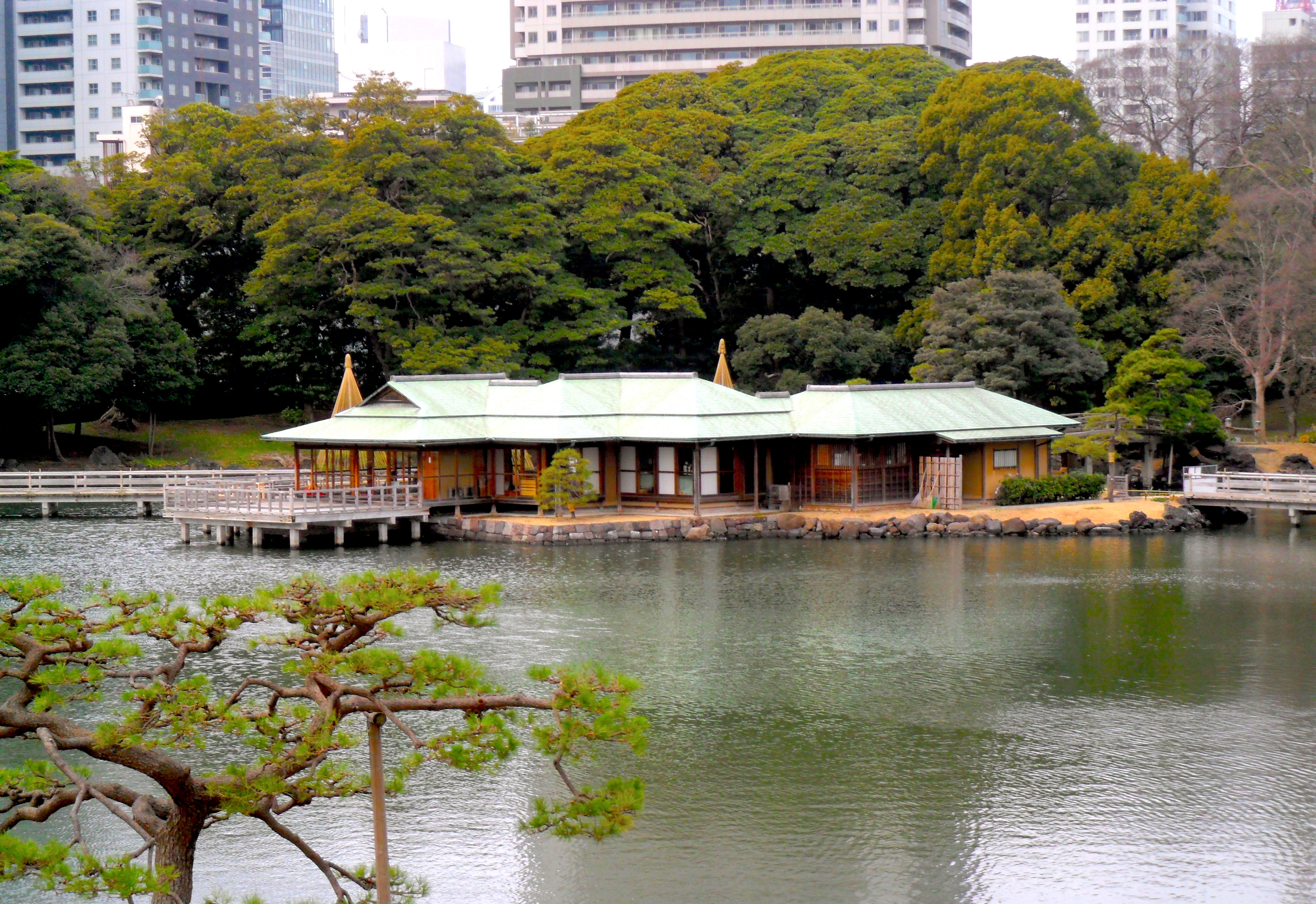


Hamarikyu Gardens Tourist In Japan



Autumn Leaves Viewing Places Japanvisitor Japan Travel Guide
Hamarikyu Gardens is a traditional landscape garden located on the edge of Tokyo's Sumida River During the Edo Period (), the grounds were used by successive members of the Tokugawa Shogunate A small residence was built and the shoguns and their retainers would use the duck hunting ponds on the grounds for sportHamarikyu Gardens is open from 9 am to 5 pm (with last entry at 430 pm) It is only closed from December 29 to January 1 Admission costs 300 yen Other photo spots in the area Kyu Shiba Rikyu Gardens another famous Edoperiod park;Hamarikyu Garden is one of the most sophisticated and graceful gardens in Japan Although it's located at the center of Tokyo, rich nature spreads all over the garden So you will forget that you are in the metropolitan city Hamarikyu is very popular among foreign tourists partly because Tsukiji Fish Market is very close Let's enjoy the



Autumn At Hama Rikyu Gardens Tokyo Japan S Wonders



Autumn Colors In The Japanese Garden Of Hamarikyu Tokyo City Tokyo Direct Diary
Autumn Colors & Tea In September, the Hamarikyu flower fields that were once colored yellow by the spring blossoms of the canola plant, are now dressed in the pink, white, and purple of cosmos flowers In October, the garden becomes a host of the Tokyo Grand Tea Party, a celebration of the traditional Japanese Tea Ceremony on a large scale Participants can attend tea ceremonies held in buildings at the Hamarikyu Gardens and EdoTokyo Open Air Architectural Museum, and openair ceremoniesLocated at the mouth of the Sumida River, Tokugawa Tsunashige, the shōgun's younger brother, received permission to reclaim land from Edo Bay (), on which he built a villa and garden in 1654The property was inherited by his son, Ienobu, who later became shōgun It was opened to the public on April 1, 1946 A landscaped garden of 250,216 m² includes Shioiri Pond, and the park is surroundedUnlike other Japanese landscape gardens in Tokyo, Hamarikyu isn't especially famous for its cherry blossoms or autumn leaves foliage though it does have some nice gingko and maple trees that come into their own during fall However, late February and early March see some truly fabulous plum blossoms blooming



10 Best Spots To See Autumn Leaves In Tokyo
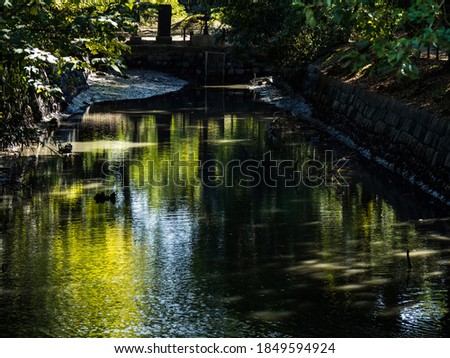


Shutterstock Puzzlepix
Beautiful foliage without the crowds Compared to some of Tokyo's other gardens, Hamarikyu is not known for its spring and autumn foliage However, from late February to early April you can view blossoms without fighting the crowds, as the garden still houses an abundance of plum and cherry blossom trees blooming in pink and white during springThe Hama Rikyu Gardens are much nicer than the East Gardens of the Imperial Palace Less crowded and ideal to escape the histöe and bustle of Tokyo If your history buff you'll love this place it used to belong to the 6th sogun of the imperials family of JapanHamarikyu Gardens 浜離宮恩賜庭園 This is a traditional garden located in the Chuo City of Tokyo with a unique Shioirinoike (pond) "Shioiri" is a technique of drawing in sea water and using its tidal movements to change the shape of the pond Hamarikyu is one of the most famous Edo period gardens with its Shioirinoike and its two goosehunting places
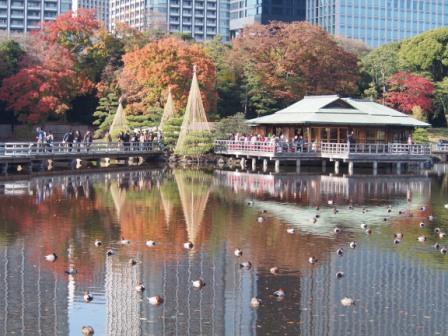


Autumn Colors In The Japanese Garden Of Hamarikyu Tokyo City Tokyo Direct Diary



Best Japanese Gardens In Tokyo Time Out Tokyo
Autumn leaves in Hamarikyu Gardens, Tokyo Hamarikyu Garden is located in central Tokyo, alongside Tokyo Bay The traditionally styled garden stands in stark Hamarikyu gardens, Tokyo Tokyo, Japan November 2, 07 people take a rest at the place of famous Hamarikyu gardens in Tokyo Chuo Ward Hamarikyu zen gardensPlease refer to Visit Hamarikyu Gardens and Tsukishima when you stop by for a visit Annual Autumn Leaves Season Visitors can see the foliage between midNovember and early December Hamarikyu Gardens Address Tokyo, Chuo, Hamarikyu Gardens 11 Google Map



Autumn At Hama Rikyu Gardens Tokyo Japan S Wonders



Shiodome Area Guide Tokyo Cheapo



Pine Tree Hamarikyu Gardens Stock Photo Download Image Now Istock



Hamarikyu Gardens Tokyo Japan Scott Flickr



Autumn At Hama Rikyu Gardens Tokyo Japan S Wonders
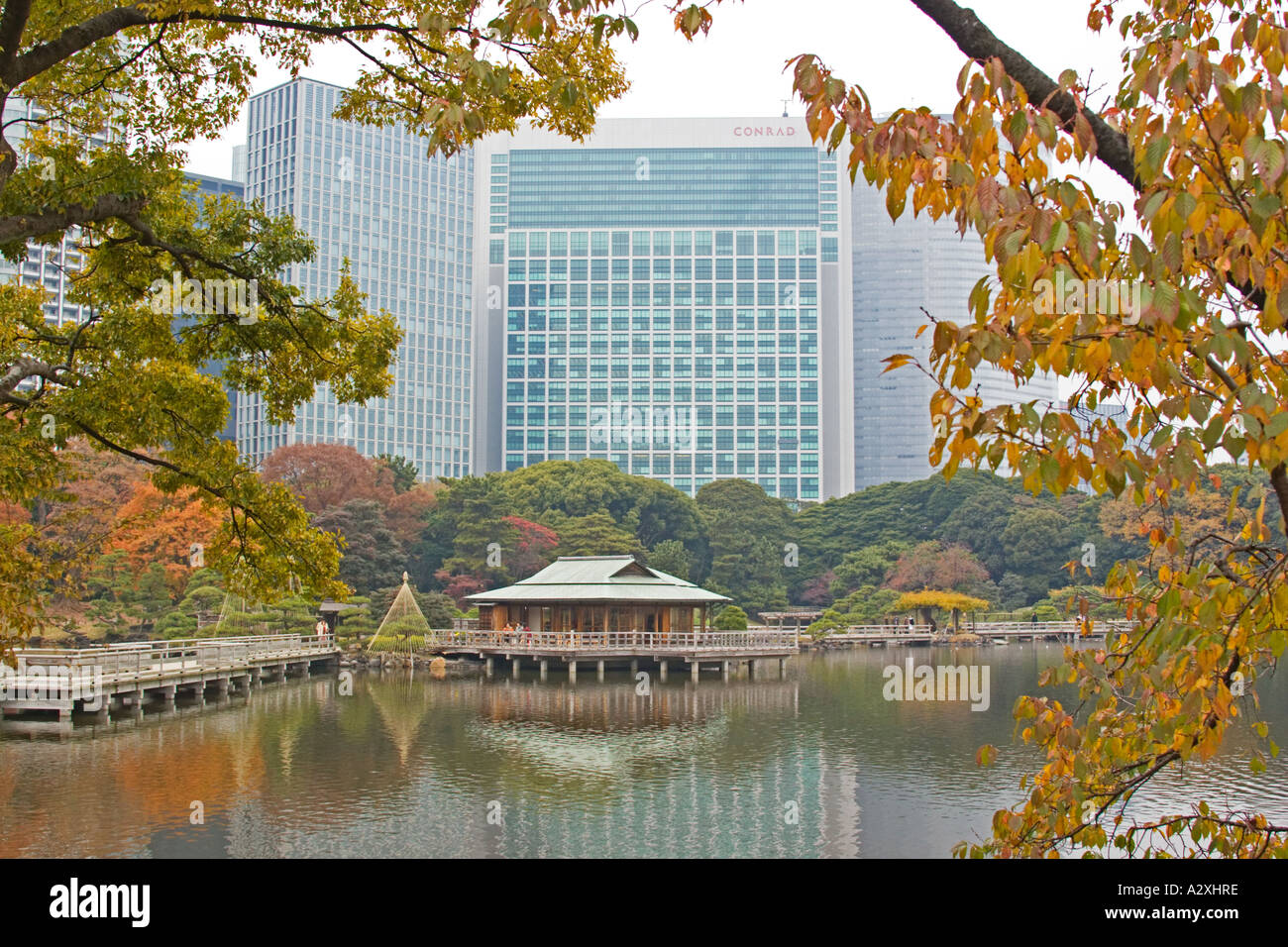


Tokyo Japan Hamarikyu Garden Near The Sumida River Japanese Tea House Stock Photo Alamy



Shiba Ramen Update From 38 000 Feet Ramen Chemistry
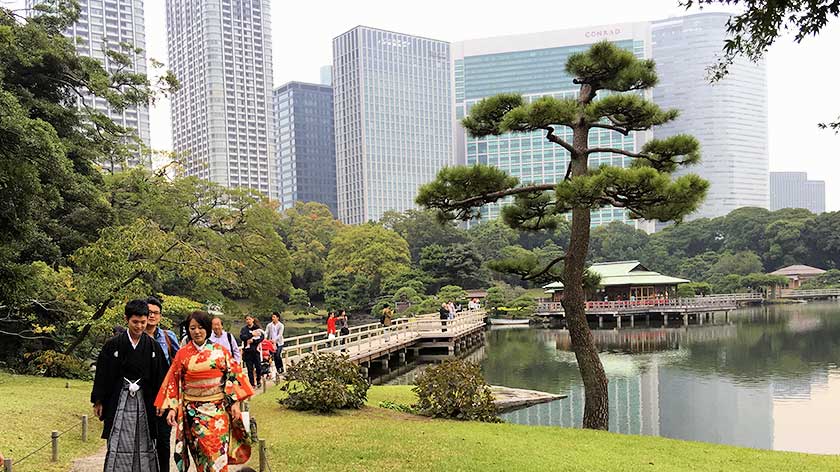


Hama Rikyu Gardens Accessible Japan



Hamarikyu Gardens Japan Stock Photo Download Image Now Istock
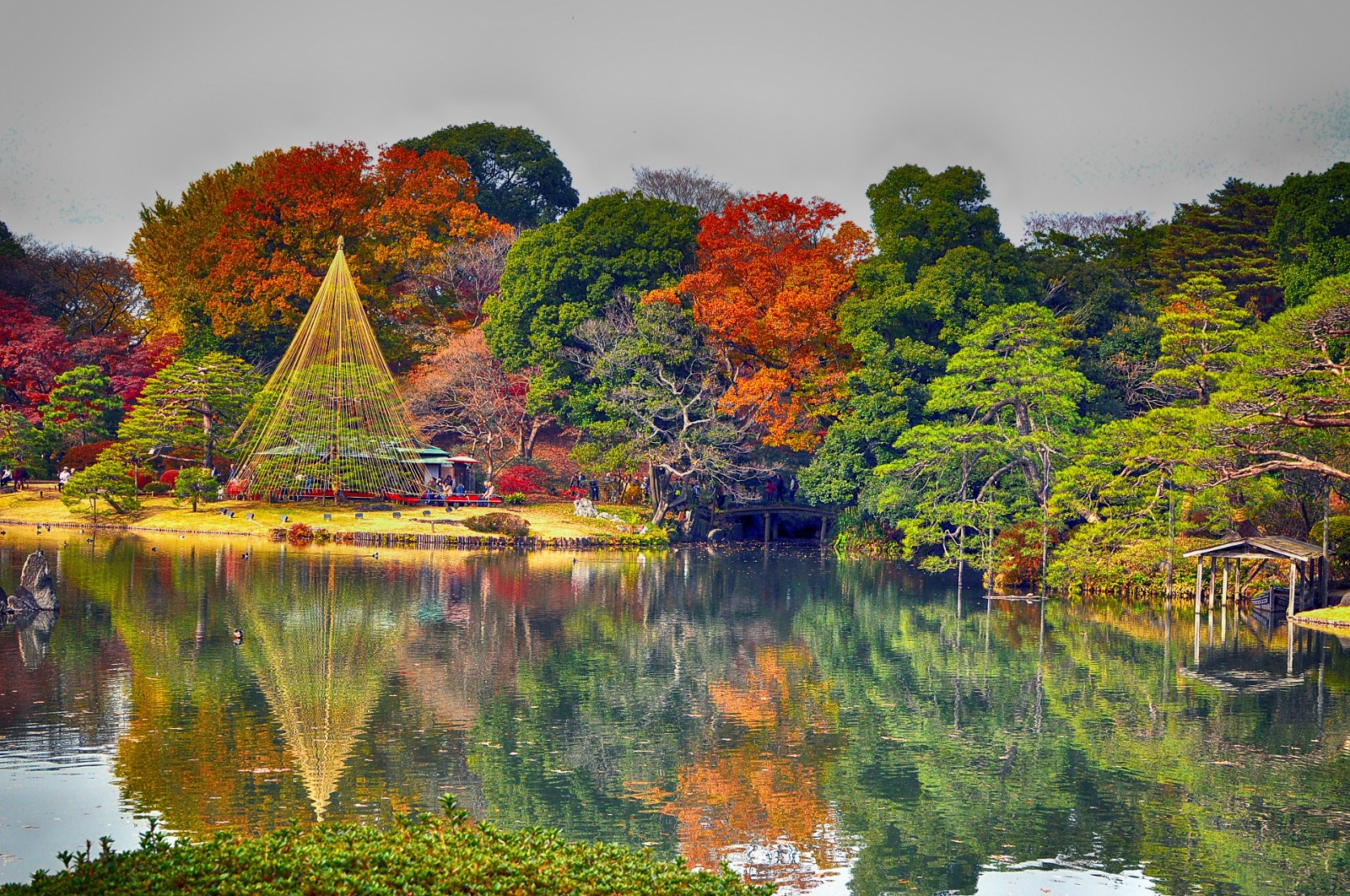


8 Best Japanese Gardens In Tokyo Japan Web Magazine


Best Autumn Spots In Tokyo Your Japan Journey
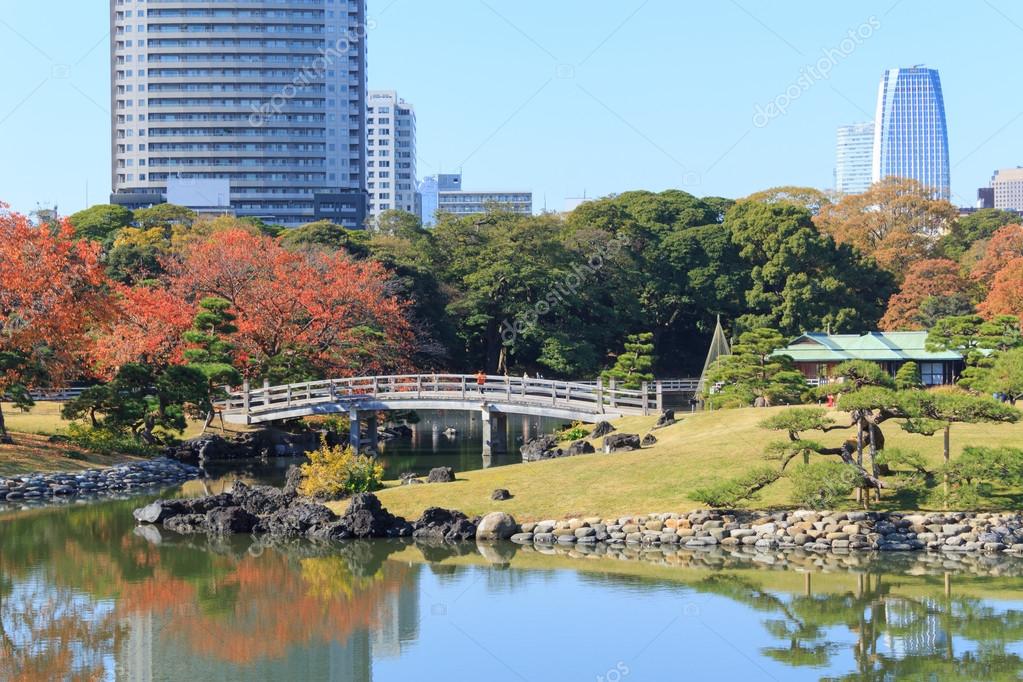


Autumn Leaves In Hamarikyu Gardens Tokyo Stock Photo Image By C Hiro1775



Autumn At Hama Rikyu Gardens Tokyo Japan S Wonders
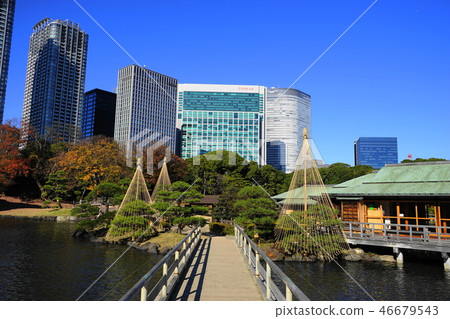


Dec Hamarikyu Garden 52 Snow And Autumn Leaves Stock Photo



Hama Rikyu Art Fine Art America
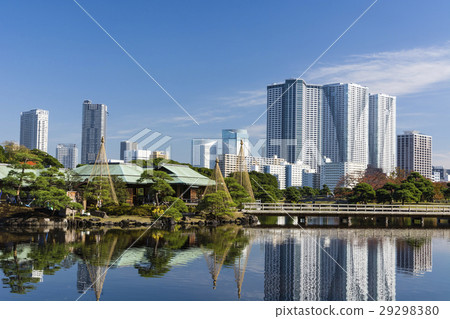


The Hamarikyu Garden Of Autumn And The Tower Stock Photo



Hamarikyu Gardens And Modern Buildings At Autumn In Tokyo Japan Buy This Stock Photo And Explore Similar Images At Adobe Stock Adobe Stock



Top 10 A Local S Guide To Where To See The Autumn Leaves In Tokyo The Japan Times



523 Hama Rikyu Gardens Photos And Premium High Res Pictures Getty Images



Hamarikyu Gardens Autumn Tokyo 3 Living Nomads Travel Tips Guides News Information



Shutterstock Puzzlepix
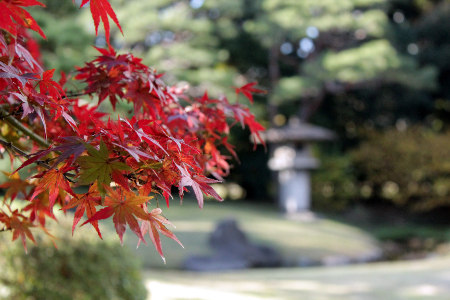


Autumn Leaves Viewing Spot Hama Rikyu Gardens Sagaswhat Tokyo Find The Best Time For Fun Sagaswhat Tokyo Find The Best Time For Fun
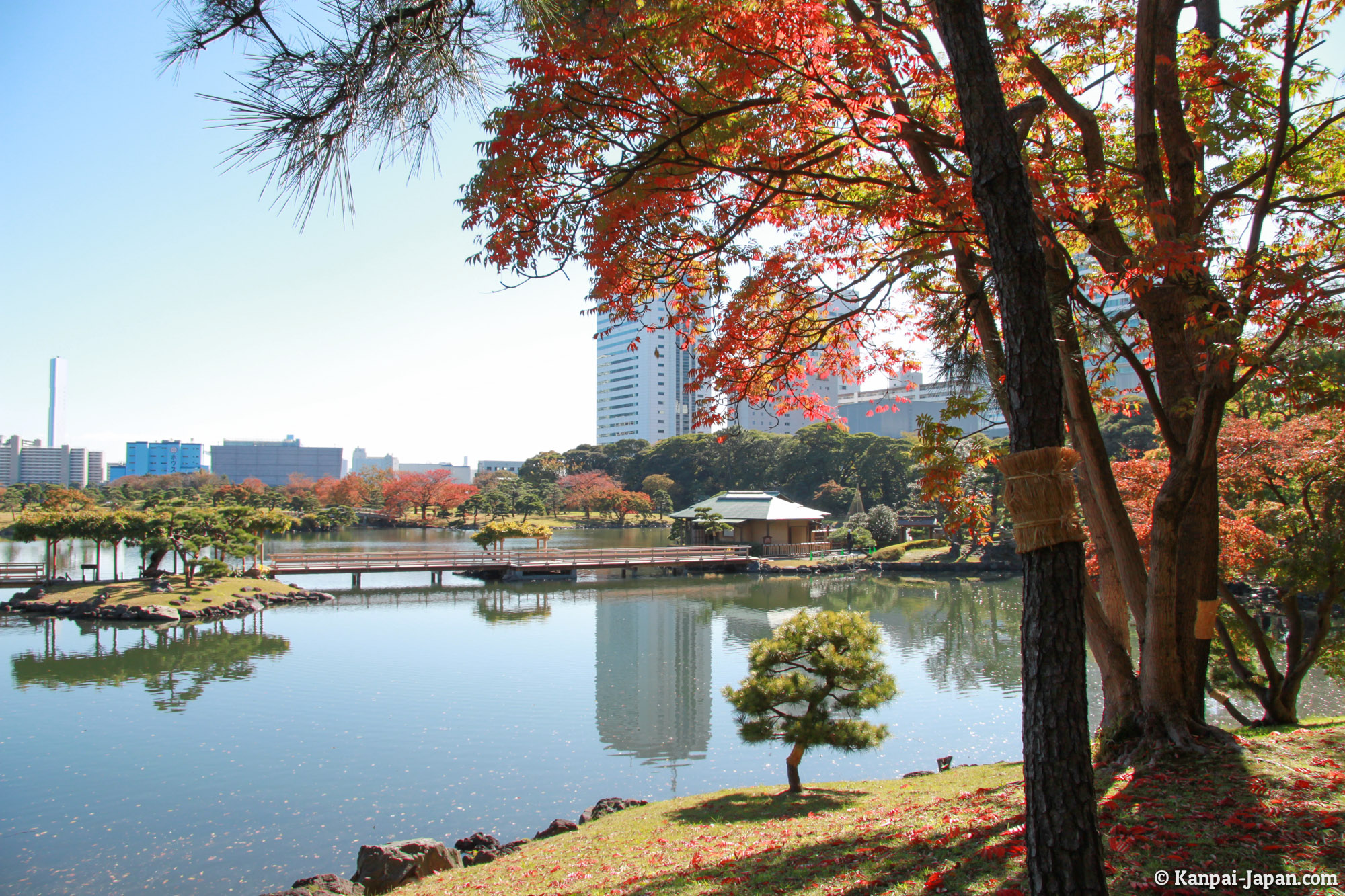


Hamarikyu The Japanese Garden Between Tokyo Buildings
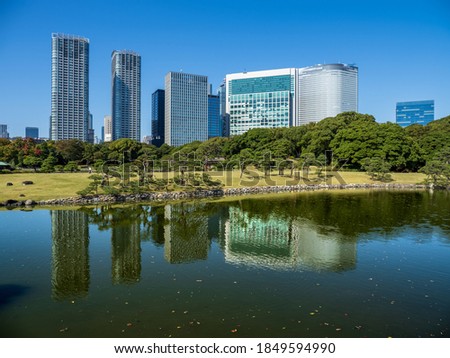


Shutterstock Puzzlepix
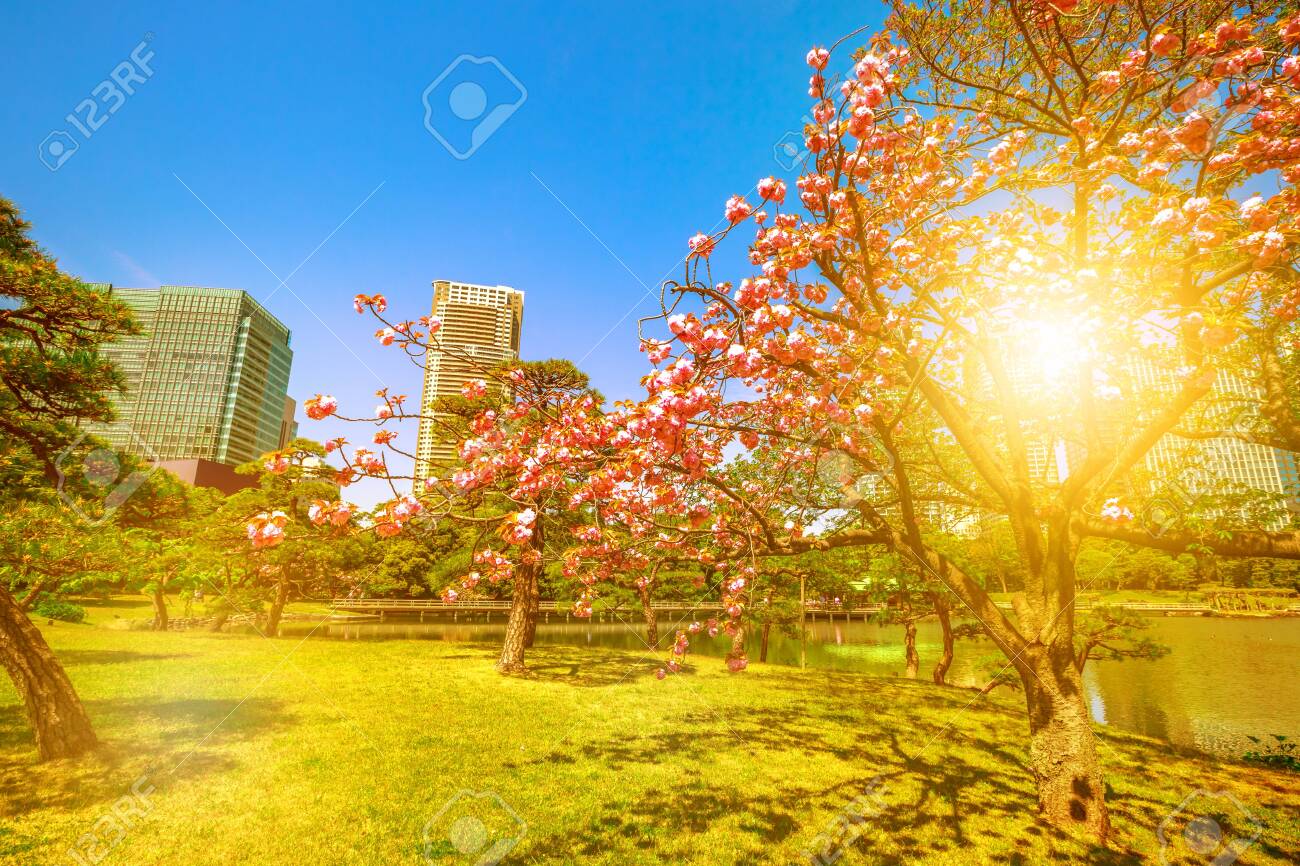


Blossoming Cherry Tree In Hamarikyu Gardens Tokyo Chuo District Stock Photo Picture And Royalty Free Image Image



Hamarikyu Gardens Hunting Grounds Of The Shoguns



Top 10 A Local S Guide To Where To See The Autumn Leaves In Tokyo The Japan Times
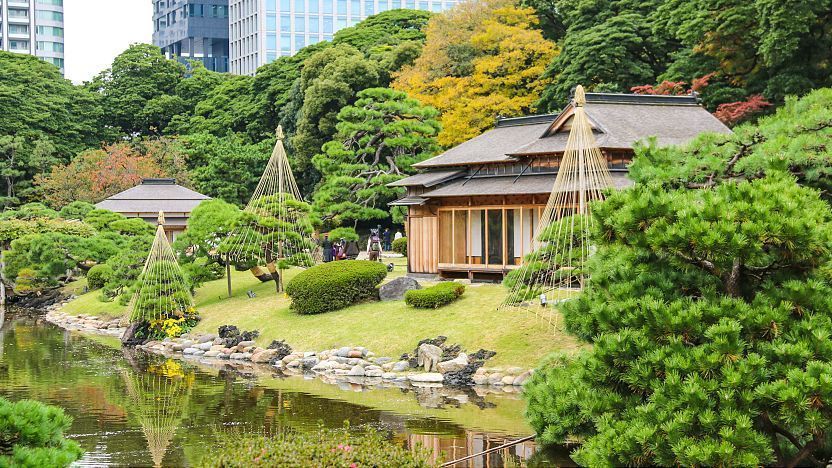


Tokyo Travel Hama Rikyu



Hamarikyu Gardens In Autumn Japan Web Magazine



Hama Rikyu Gardens Japanvisitor Japan Travel Guide
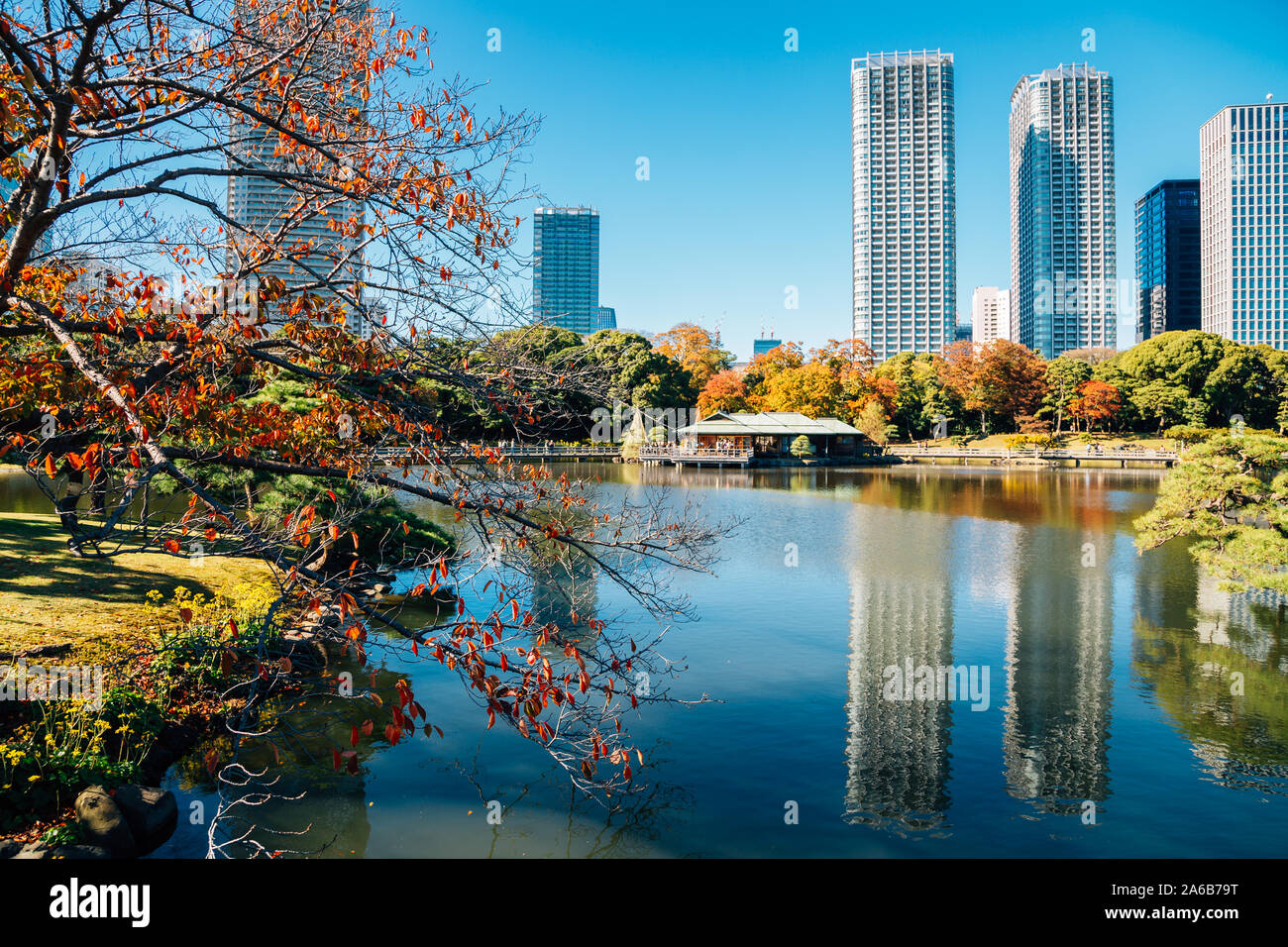


Page 3 Hama Rikyu Garden High Resolution Stock Photography And Images Alamy
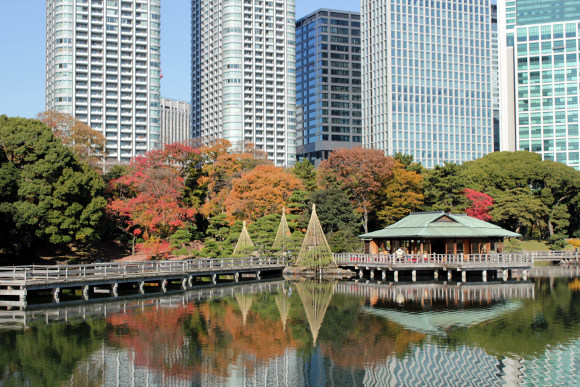


Autumn Leaves Viewing Spot Hama Rikyu Gardens Sagaswhat Tokyo Find The Best Time For Fun Sagaswhat Tokyo Find The Best Time For Fun
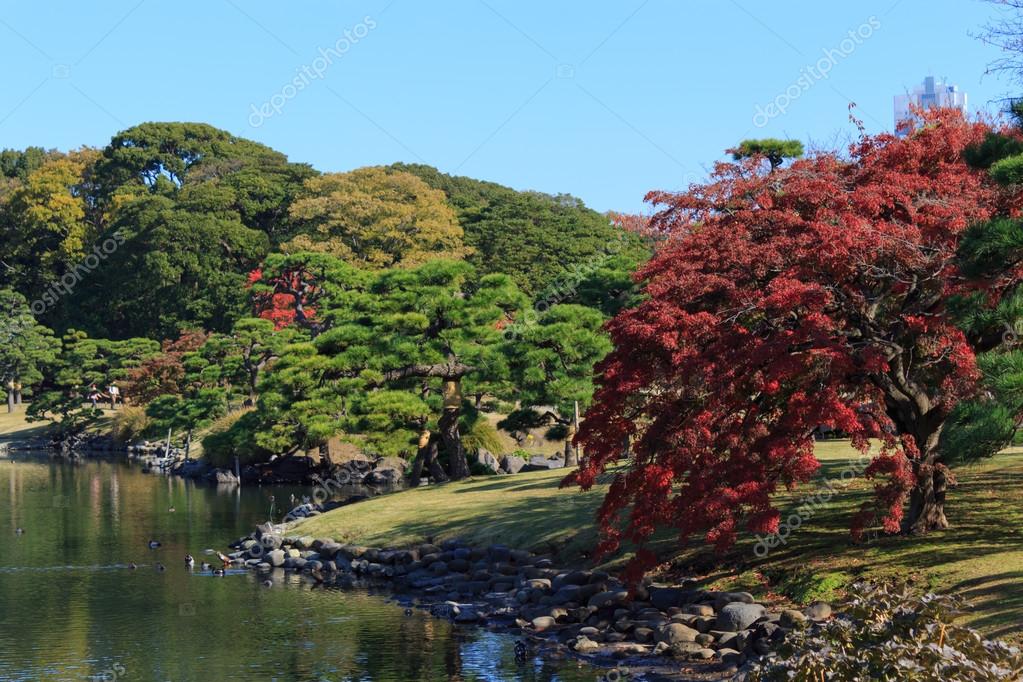


Autumn Leaves In Hamarikyu Gardens Tokyo Stock Photo C Hiro1775
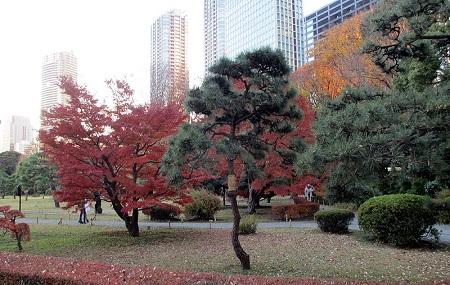


Hamarikyu Gardens Tokyo Ticket Price Timings Address Triphobo



Hamarikyu Gardens Hunting Grounds Of The Shoguns



Autumn Leaves In Hamarikyu Gardens Tokyo Stock Image Image Of Metropolitan Colorful


Hamarikyu Gardens Yes In Japan



Tokyo S Japanese Gardens Discover Their Autumn Beauty And Night Illuminations The Gate Japan Travel Magazine Find Tourism Travel Info
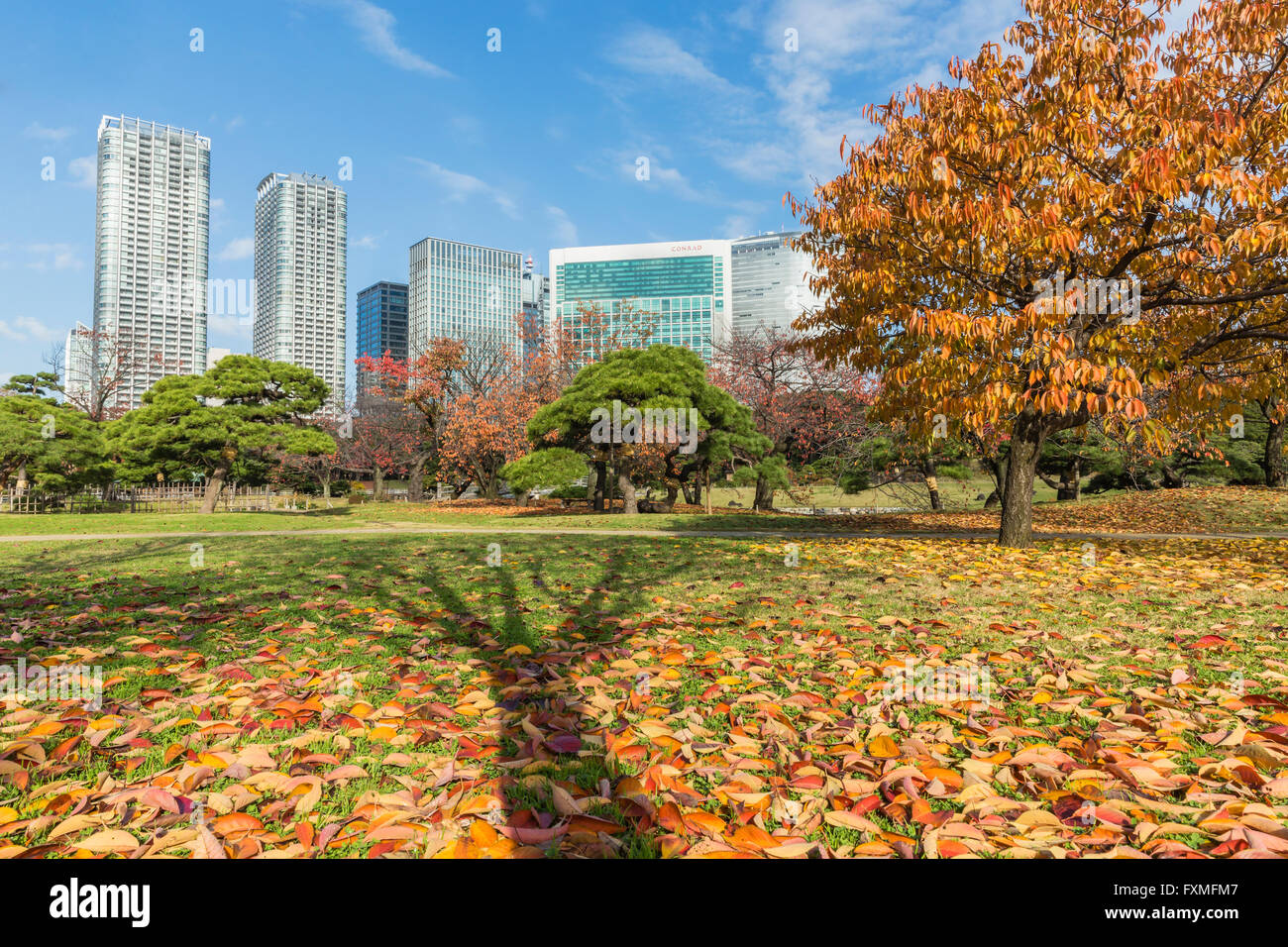


Hama Rikyu Gardens Tokyo Japan Stock Photo Alamy
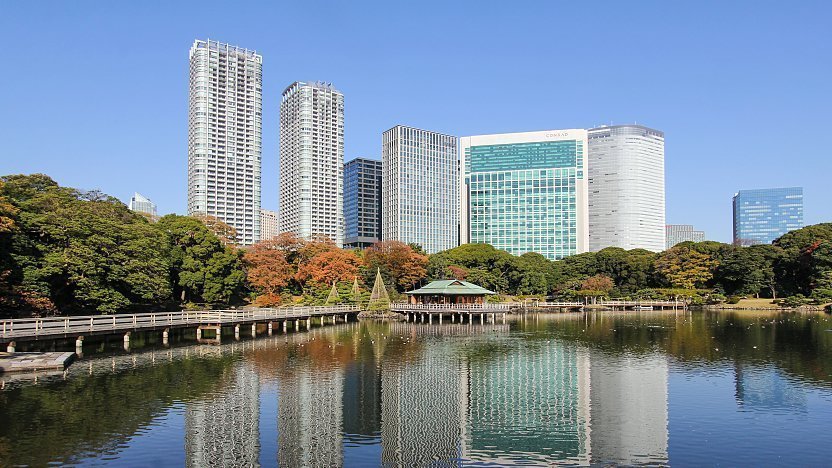


Tokyo Travel Hama Rikyu
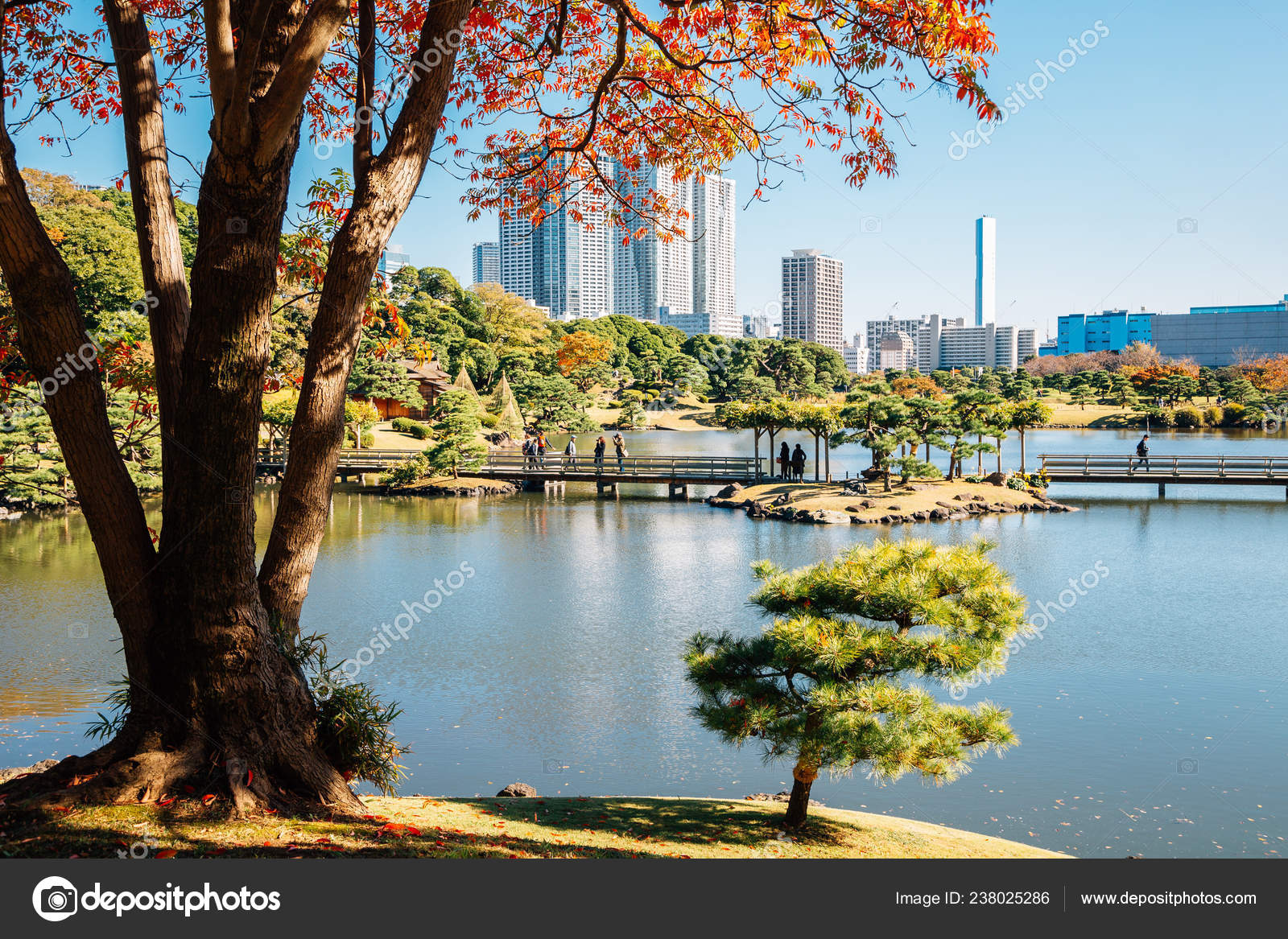


Hamarikyu Gardens Pond Autumn Maple Tokyo Japan Stock Photo Image By C Sangapark



Japanese Garden Tea House Hamarikyu Tokyo Stock Photo Image Of Tokyo Hamarikyu
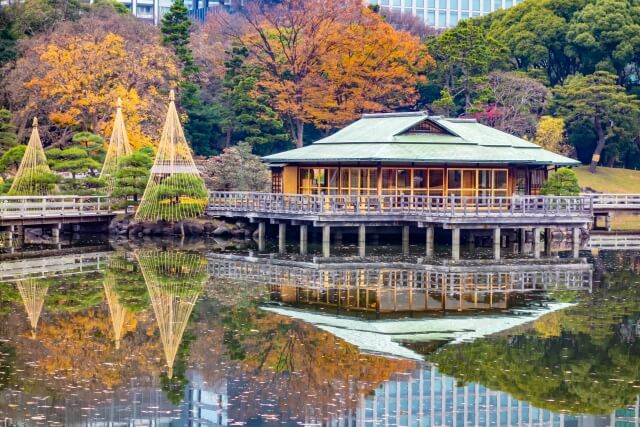


10 Best Places To See Autumn Leaves In And Around Tokyo
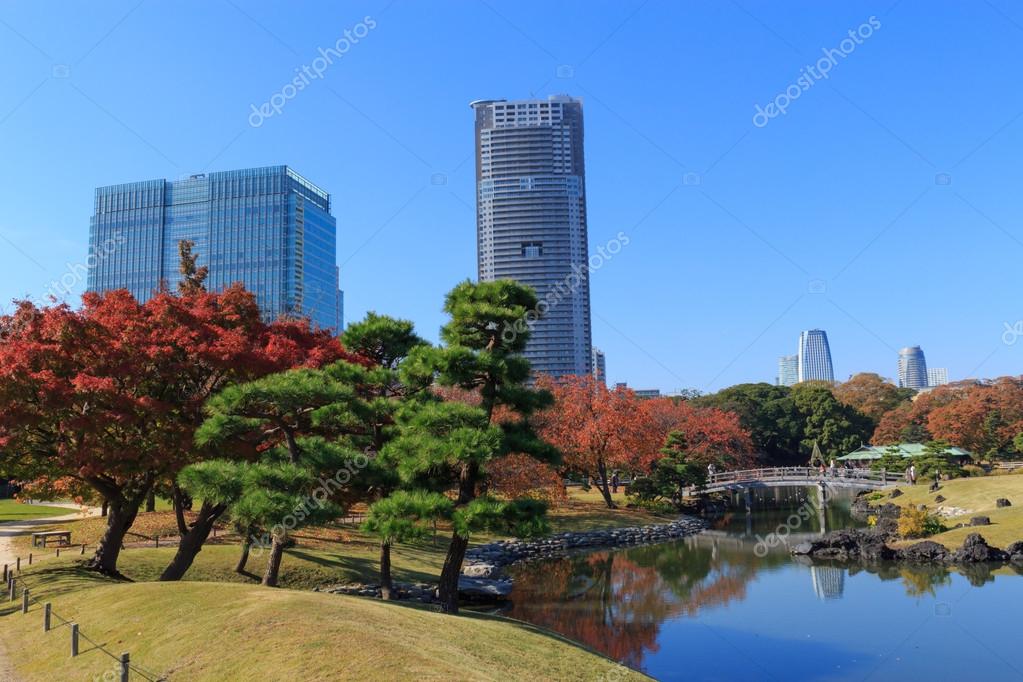


Autumn Leaves In Hamarikyu Gardens Tokyo Stock Photo C Hiro1775



Autumn Colors In The Japanese Garden Of Hamarikyu Tokyo City Tokyo Direct Diary
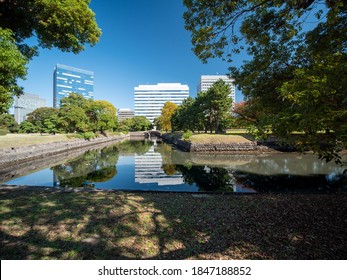


Hamarikyu Gardens High Res Stock Images Shutterstock



Beautiful Japanese Hamarikyu Garden Park In The Center Of Tokyo Stock Photo Picture And Royalty Free Image Image



Autumn At Hama Rikyu Gardens Tokyo Japan S Wonders
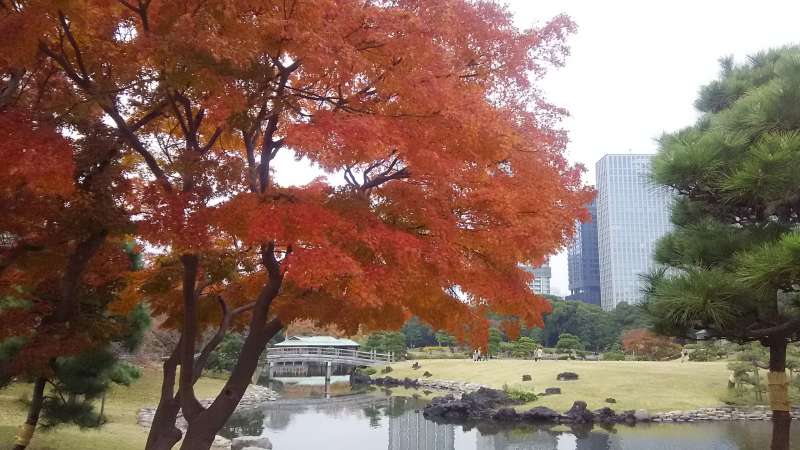


One Day Tour Of Traditional And Modern Tokyo Tokyo Private Tours Gowithguide



Autumn Colors In The Japanese Garden Of Hamarikyu Tokyo City Tokyo Direct Diary



Autumn Leaves In Hamarikyu Gardens Tokyo Stock Photo Image Of Nature Blue
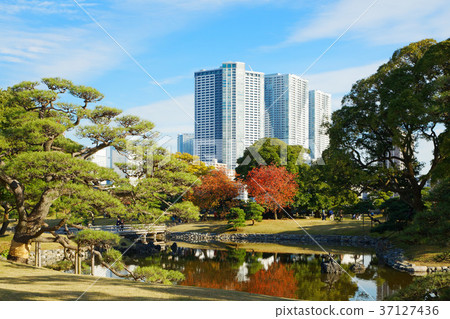


Autumn Leaves Of Hamarikyu Enshi Park Stock Photo
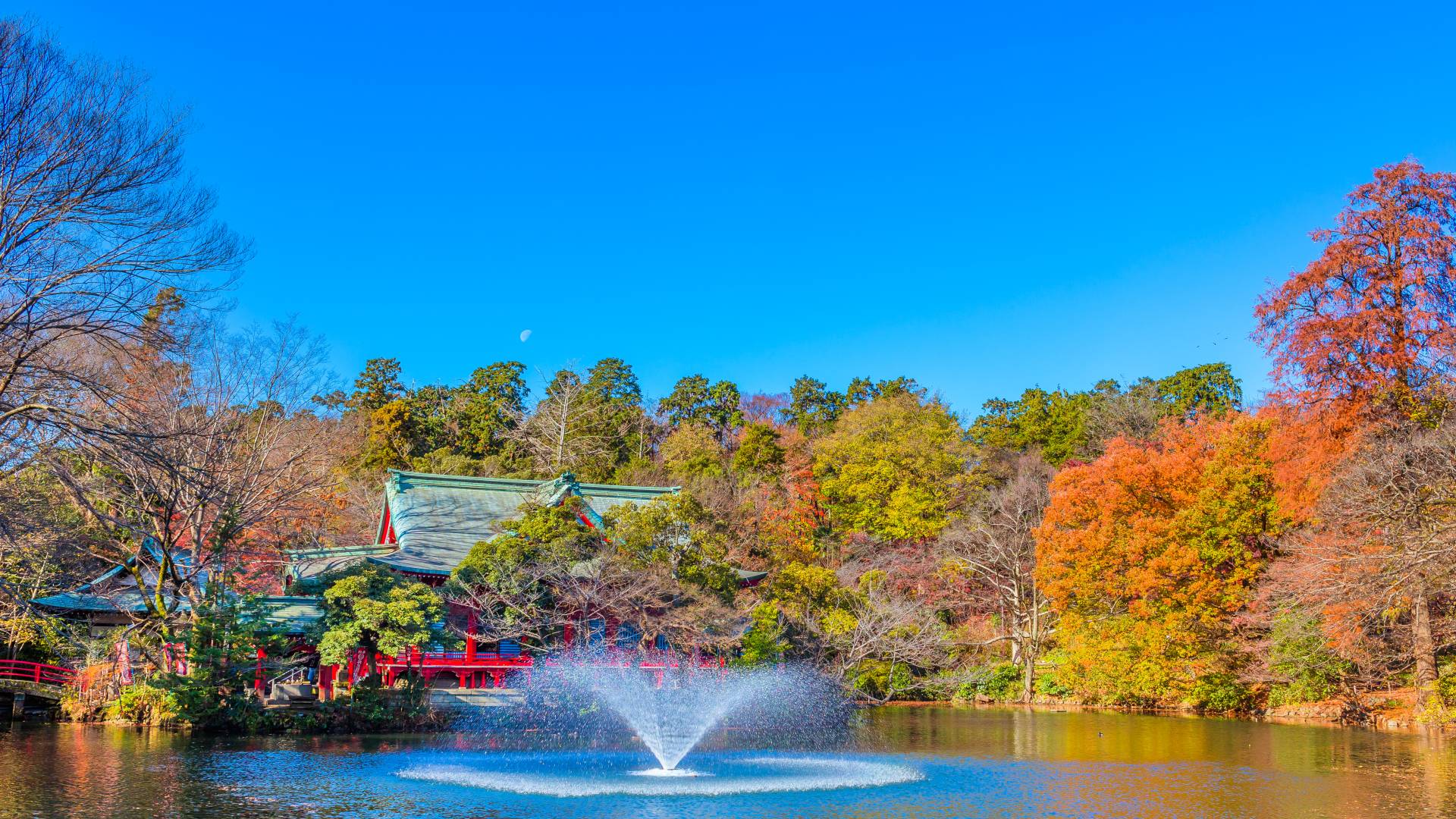


Tokyo Autumn Leaves Forecast The Official Tokyo Travel Guide Go Tokyo
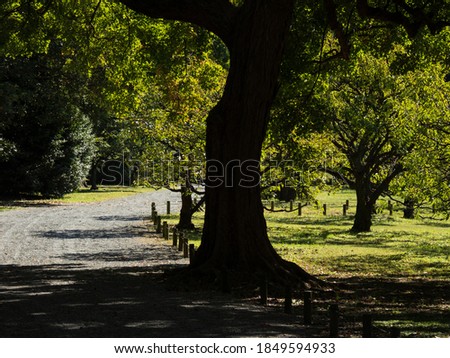


Shutterstock Puzzlepix


Hamarikyu Gardens An Oasis Hidden Between Sky Rise Buildings Spoon Tamago
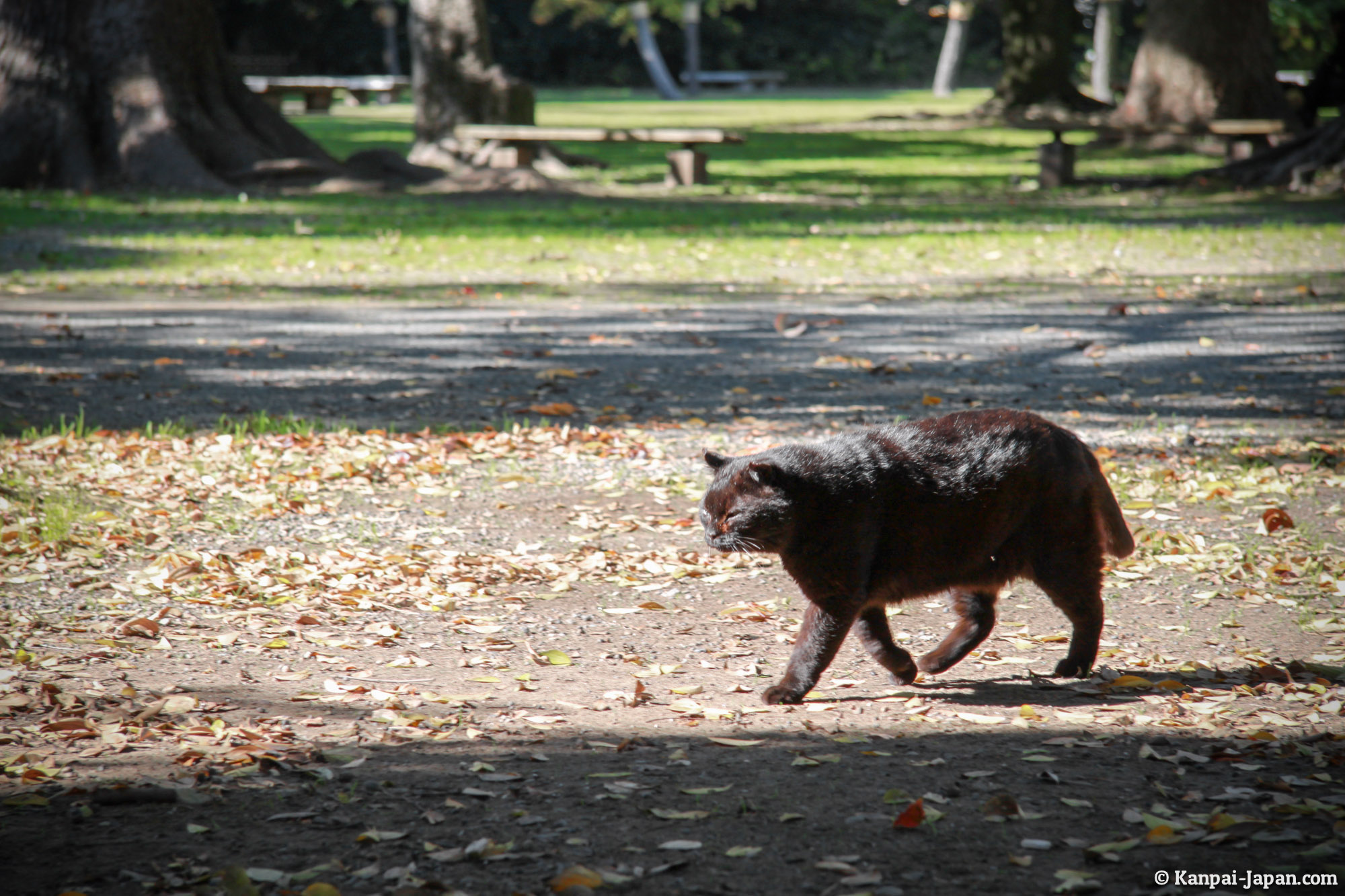


Hamarikyu The Japanese Garden Between Tokyo Buildings


3



The Autumn Leaves Koyo In Hamarikyu Gardens 浜離宮庭園の紅葉 Christinayan Youtube



Hama Rikyu Gardens Tokyo Albert Flickr



Shiodome Buildings In Hamarikyu Gardens Hamarikyu Gardens Tokyo Sumida River Chuo District Japan Oriental Japanese Canstock



Tsunagu Japan Even If You Can T Come To Japan Now You Can Plan Your Next Trip What About Enjoying Japan S Autumn Nezu Museum Ikedayama Garden Hamarikyu



Tokyo S Beautiful Autumn Leaves The Best 10 Spots To Visit In 19 Matcha Japan Travel Web Magazine



Cool Instagrammable Places In Tokyo Places In Tokyo Instagrammable Places Japan Travel



Last Year S Autumn At Hama Rikyu Gardens Tokyo Life To Reset



Japanese September Flowers Discover Tokyo S Top 6 Spots For Cosmos And Amaryllis 19 Live Japan Travel Guide



Top 10 A Local S Guide To Where To See The Autumn Leaves In Tokyo The Japan Times



Hamarikyu One Of Tokyo S Oldest Feudal Gardens The Gate Japan Travel Magazine Find Tourism Travel Info


1



10 Best Spots To See Autumn Leaves In Tokyo



Last Year S Autumn At Hama Rikyu Gardens Tokyo Life To Reset
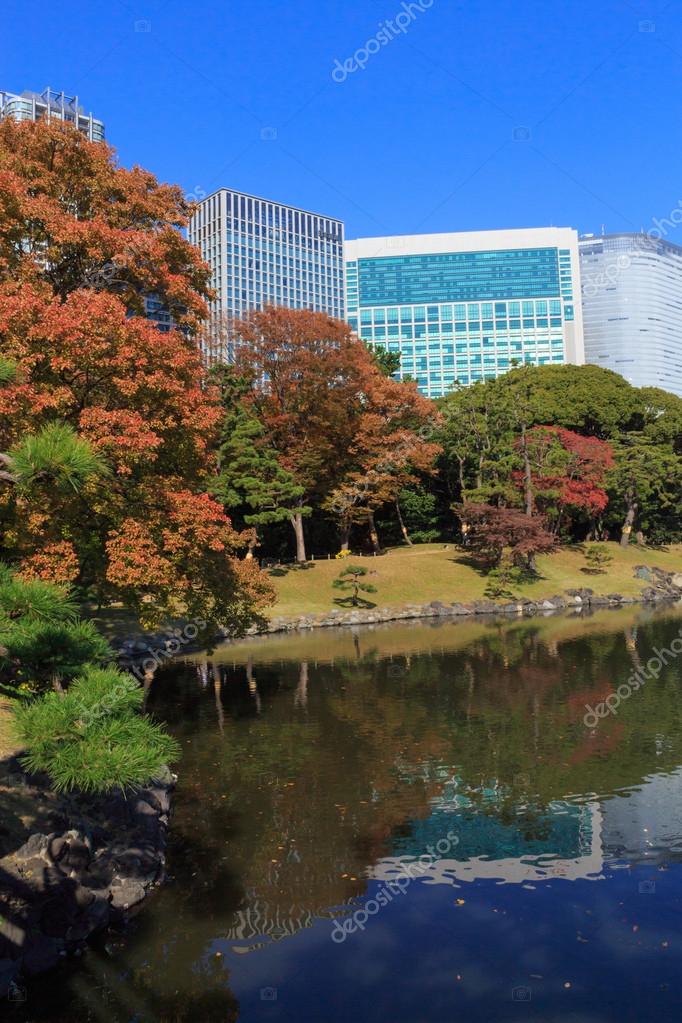


Hamarikyu Garden Is Located In Central Tokyo Alongside Tokyo Bay The Traditionally Styled Garden Stands In Stark Contrast To The Skyscrapers Of The Adjacent Shiodome District Larastock



Autumn Colors In The Japanese Garden Of Hamarikyu Tokyo City Tokyo Direct Diary
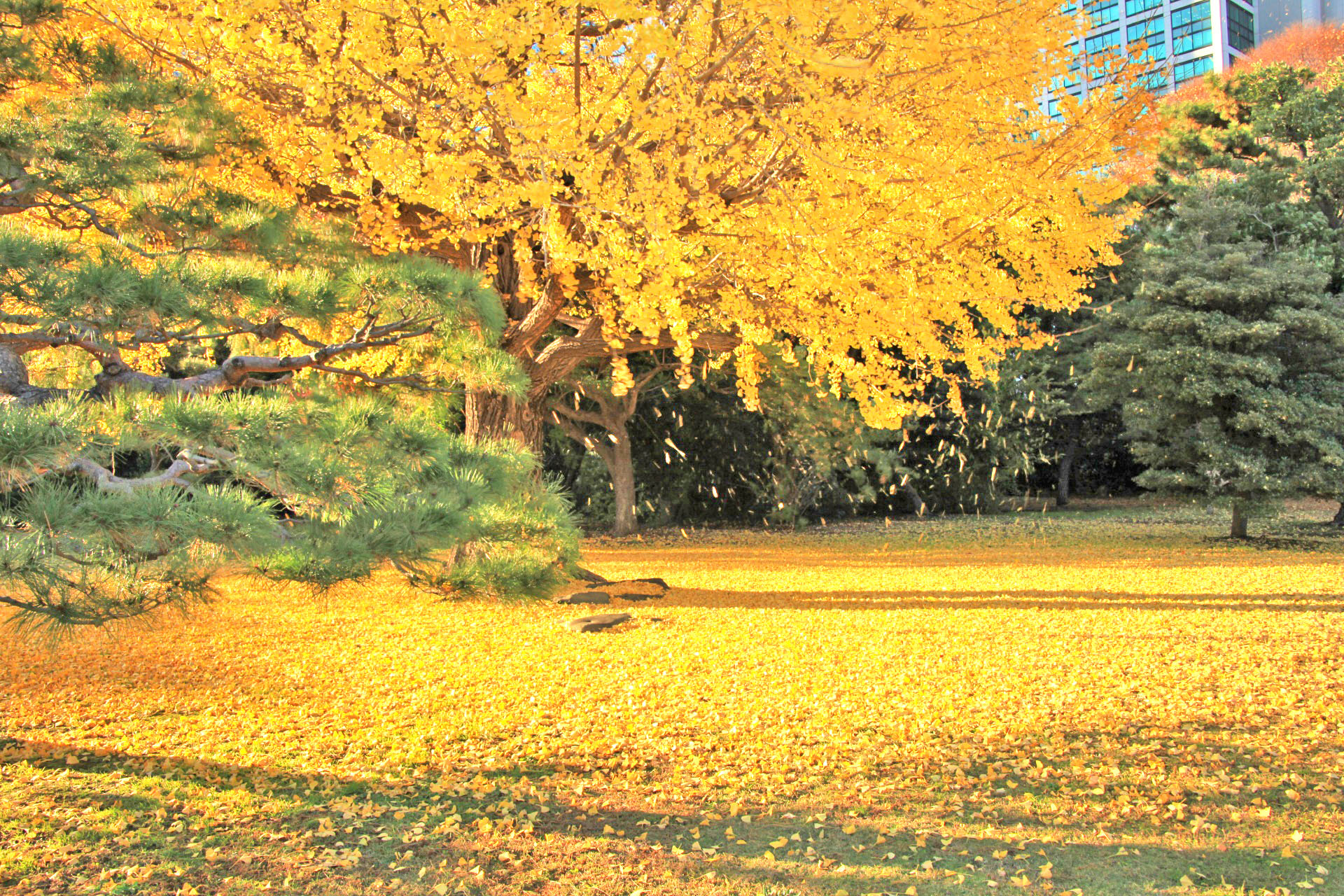


Hamarikyu In Autumn Tokyo Web Magazine
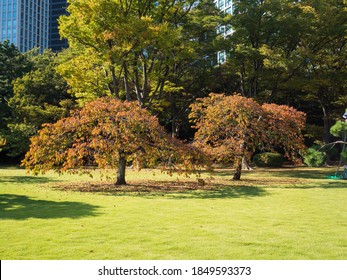


Hamarikyu Gardens High Res Stock Images Shutterstock



Hamarikyu Garden Is Located In Central Tokyo Alongside Tokyo Bay The Traditionally Styled Garden Stands In Stark Contrast To The Skyscrapers Of The Adjacent Shiodome District Larastock



Hamarikyu Gardens Hunting Grounds Of The Shoguns


コメント
コメントを投稿